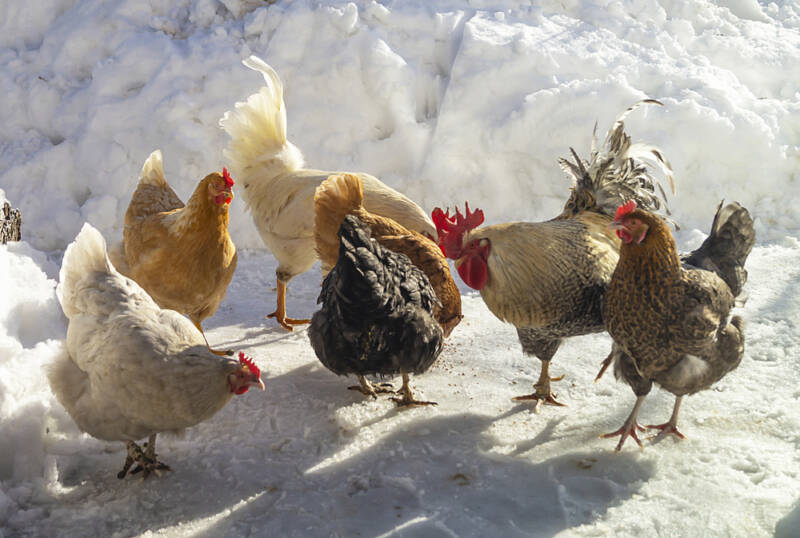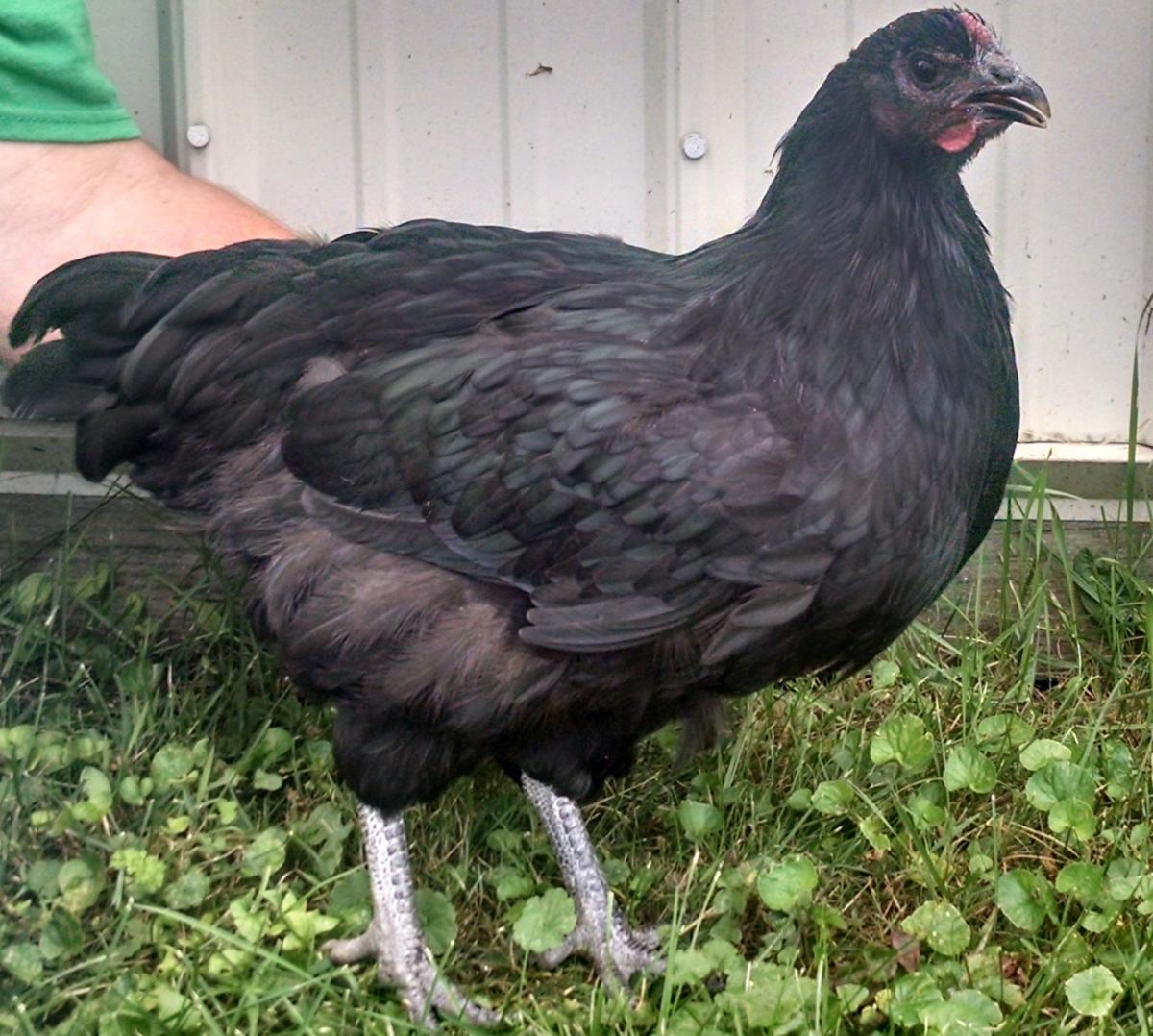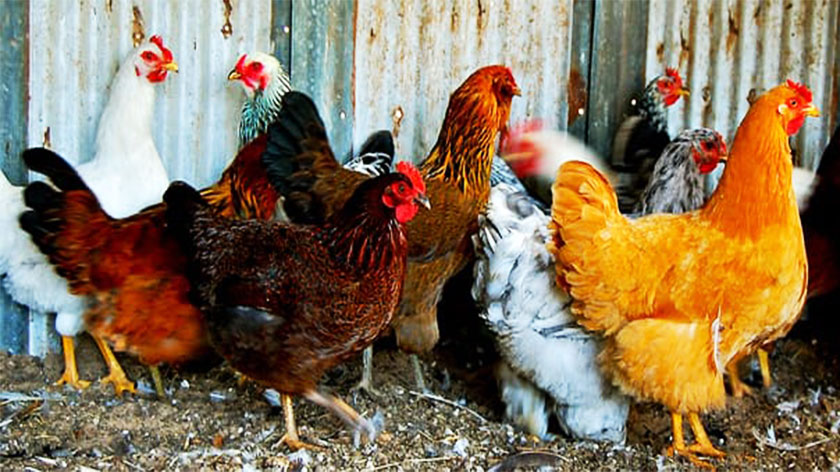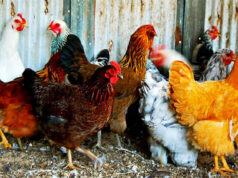Sick baby chicken care is crucial for any poultry enthusiast aiming to raise healthy and happy chickens. Baby chickens, or chicks, are especially vulnerable during their first weeks of life. Ensuring their well-being can be challenging but also very rewarding.

1. Understanding the Basics of Sick Baby Chicken Care
The Importance of Early Intervention
When it comes to sick baby chicken care, early intervention can make a big difference. The sooner you recognize the symptoms and take action, the better the chances of recovery.
Common Signs of Illness in Baby Chickens
Knowing the common signs of illness is the first step in providing effective care. Symptoms like lethargy, loss of appetite, and abnormal droppings often indicate that a chick is unwell.

2. Creating a Safe and Comfortable Environment
Maintaining Proper Temperature
Baby chickens need to be kept warm. Temperature regulation is vital for their health. A brooder with a heat lamp can maintain the necessary warmth.
Cleanliness and Hygiene
Keeping the living area clean helps prevent the spread of diseases. Regularly clean bedding and water containers to ensure a hygienic environment.

3. Proper Nutrition for Sick Baby Chickens
Essential Nutrients
Proper nutrition is crucial. Sick baby chickens need a balanced diet that includes essential nutrients such as proteins, vitamins, and minerals.
Special Dietary Needs
Sometimes, sick chicks may require special diets. Providing vitamins and electrolytes in their water can help boost their immune system.
For more tips on what to feed chickens without chicken feed, visit this link.

4. Hydration: An Often Overlooked Aspect
Importance of Clean Water
Always ensure that baby chickens have access to fresh and clean water. Dehydration can exacerbate many illnesses and delay recovery.
Adding Supplements
Adding vitamins and electrolytes to their water can aid in quicker recovery and help prevent future illnesses.
5. Identifying and Treating Common Ailments
Respiratory Infections
Respiratory issues are common in baby chickens. Symptoms such as coughing and nasal discharge may indicate an infection. For more information, visit this link.
Pasty Butt
This condition causes droppings to stick around the vent area. It is crucial to clean the area regularly to prevent infection.
6. Vaccinations and Medications
The Role of Vaccinations
Vaccinations can help prevent many diseases that affect baby chickens. It’s advisable to consult a veterinarian for a proper vaccination schedule.
Administering Medications
Medications should only be administered under the guidance of a vet. Overuse or misuse can lead to resistance and further complications.
7. Importance of Quarantine
Isolating Sick Chickens
Quarantine is essential to prevent the spread of disease. Isolate any sick chickens from the rest of the flock until they fully recover.
8. Consulting a Veterinarian
Professional Advice
When in doubt, always consult a veterinarian. Expert advice can be invaluable, especially when dealing with serious diseases.
9. Utilizing Natural Remedies
Herbal Supplements
Certain natural remedies can aid in the recovery process. Herbal supplements like oregano oil have been known to have antibiotic properties.
Probiotics
Probiotics can improve gut health and boost the immune system, helping sick chicks to recover faster.
10. Record Keeping
Monitoring Health
Maintain a health record for each chick. Documenting symptoms, treatments, and progress can be invaluable for future reference.
Identifying Patterns
Keeping records can help identify patterns in illnesses, allowing for quicker diagnosis and treatment in the future.
11. Building a Support Network
Joining Poultry Clubs
Consider joining local or online poultry clubs where you can share experiences and gain insights from other poultry enthusiasts.
Forums and Community Groups
Online forums and community groups are excellent resources for advice and support. They can provide a sense of camaraderie and shared knowledge.
12. Importance of Regular Health Checks
Weekly Inspections
Conduct regular health checks on your baby chickens to catch any signs of illness early. Pay attention to their behavior, physical condition, and droppings.
13. Providing Mental Stimuli
Enrichment Activities
Keeping chicks mentally stimulated can contribute to their overall health. Simple toys or perches can keep them active and engaged.
14. Educating Yourself Continuously
Reading and Research
Continuously educate yourself about poultry care. Books, articles, and research papers can provide valuable insights into effective chicken care.
15. Preparing for Emergencies
Emergency Kit
Have an emergency kit ready with essential supplies like disinfectants, gloves, and first-aid items. Being prepared can save precious time during a crisis.
Emergency Contact List
Keep a list of emergency contacts, including your veterinarian’s contact details, handy for quick reference in case of emergencies.
FAQs
What should I do if my baby chick appears lethargic?
If your chick is lethargic, isolate it from other chickens and consult a veterinarian immediately. Ensure it stays warm and hydrated.
Can I use over-the-counter medications for my sick chick?
Medications should be used only under the guidance of a veterinarian to prevent misuse and potential resistance.
How often should I check on my baby chickens for signs of illness?
Daily inspections are ideal. Regular checks can help you catch any symptoms early, increasing the chances of a swift recovery.
As an Amazon Associate, I earn from qualifying purchases.










